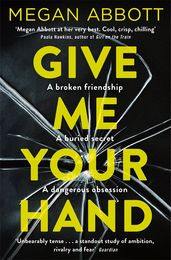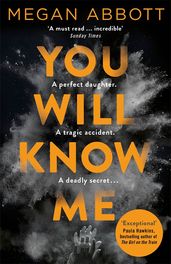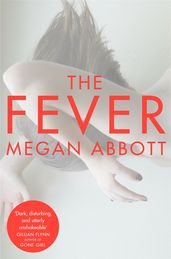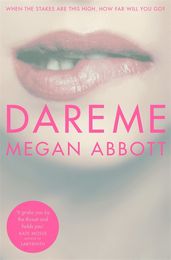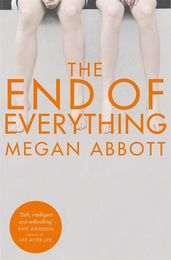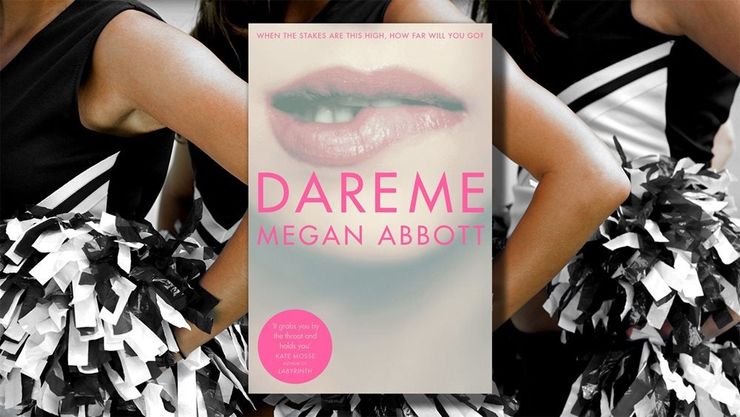Megan Abbott
Megan Abbott is an award-winning author of noir fiction including Queenpin and Bury Me Deep (nominated for the Edgar Award and the Los Angeles Times Book Prize). Her novel The End of Everything was a Richard and Judy selection and Dare Me was shortlisted for the CWA Steel Dagger. She is also the author of the gripping psychological thrillers, The Fever and You Will Know Me. She is co-writer of the smash-hit Sky Atlantic drama, The Deuce. Born in the Detroit area, she now lives in Queens, New York City.
